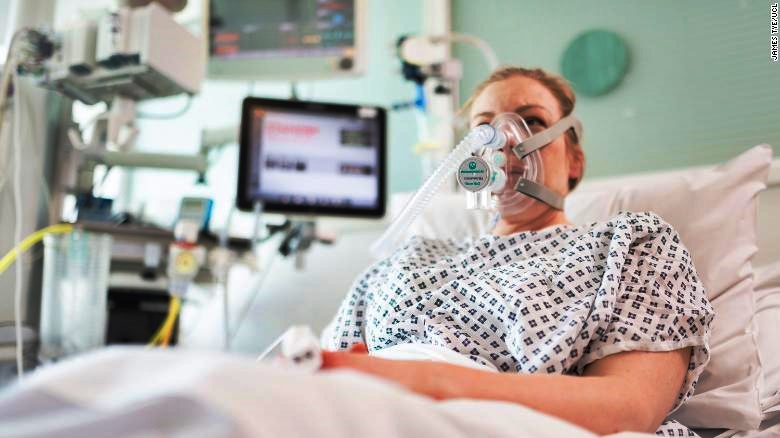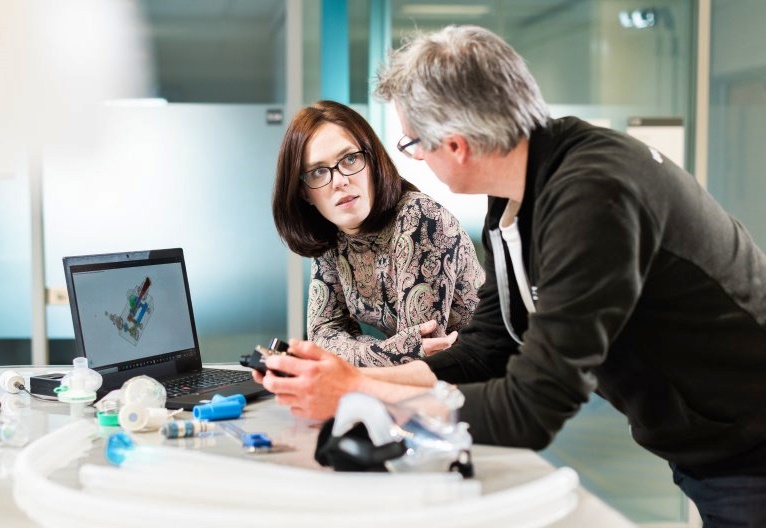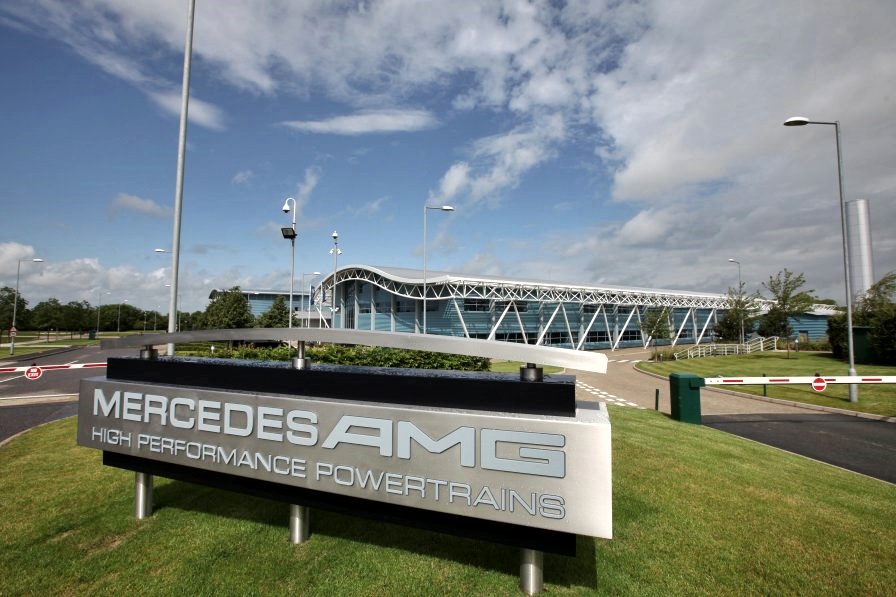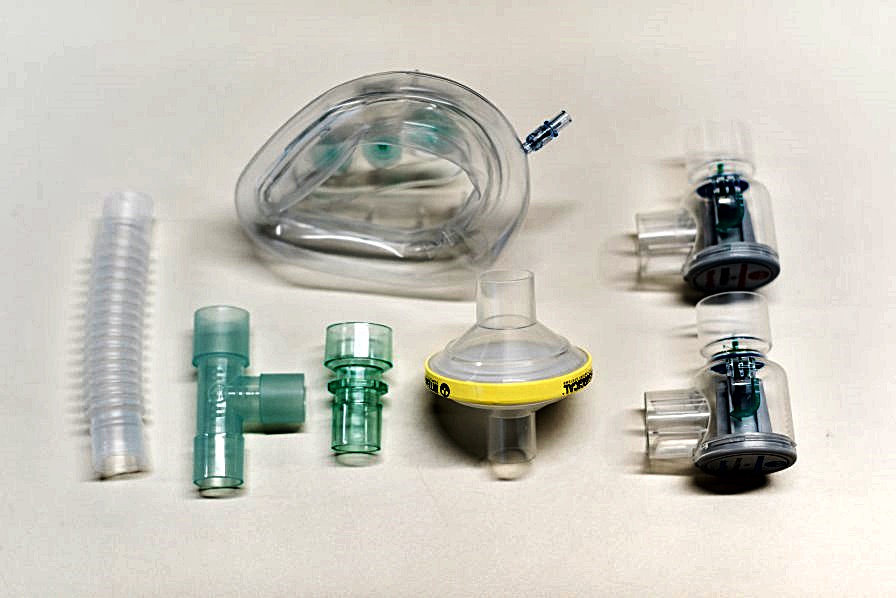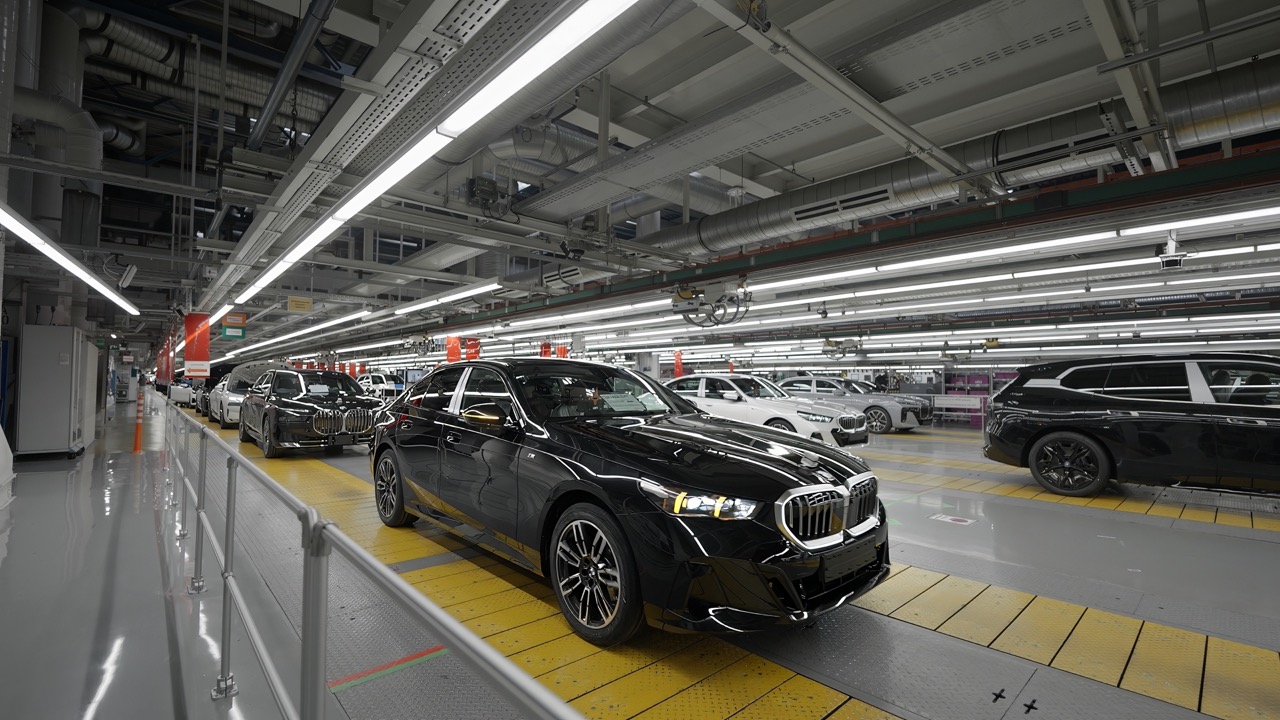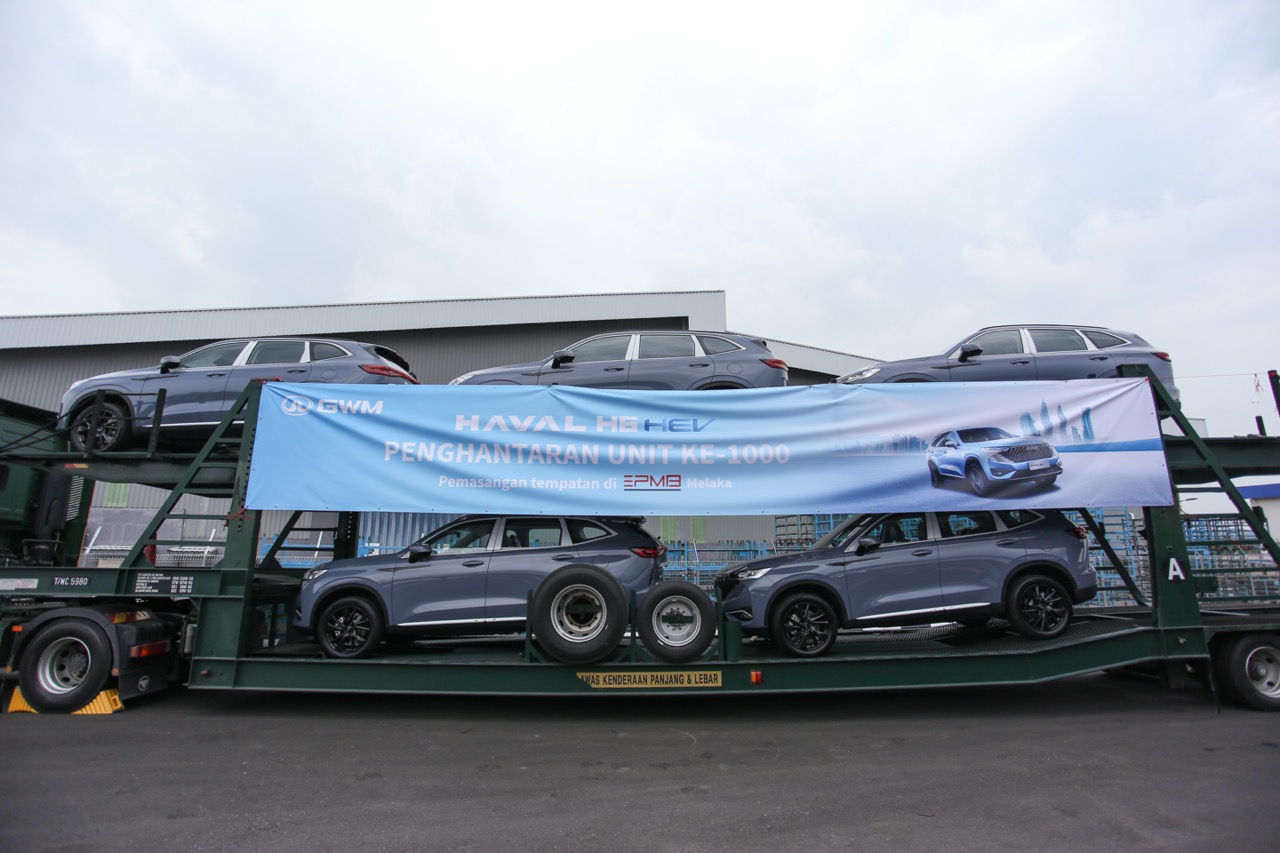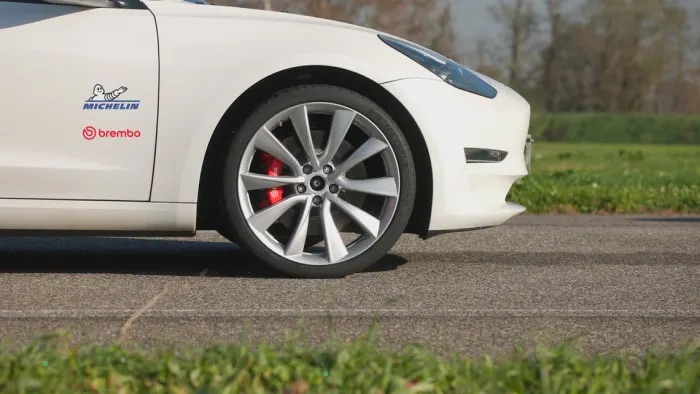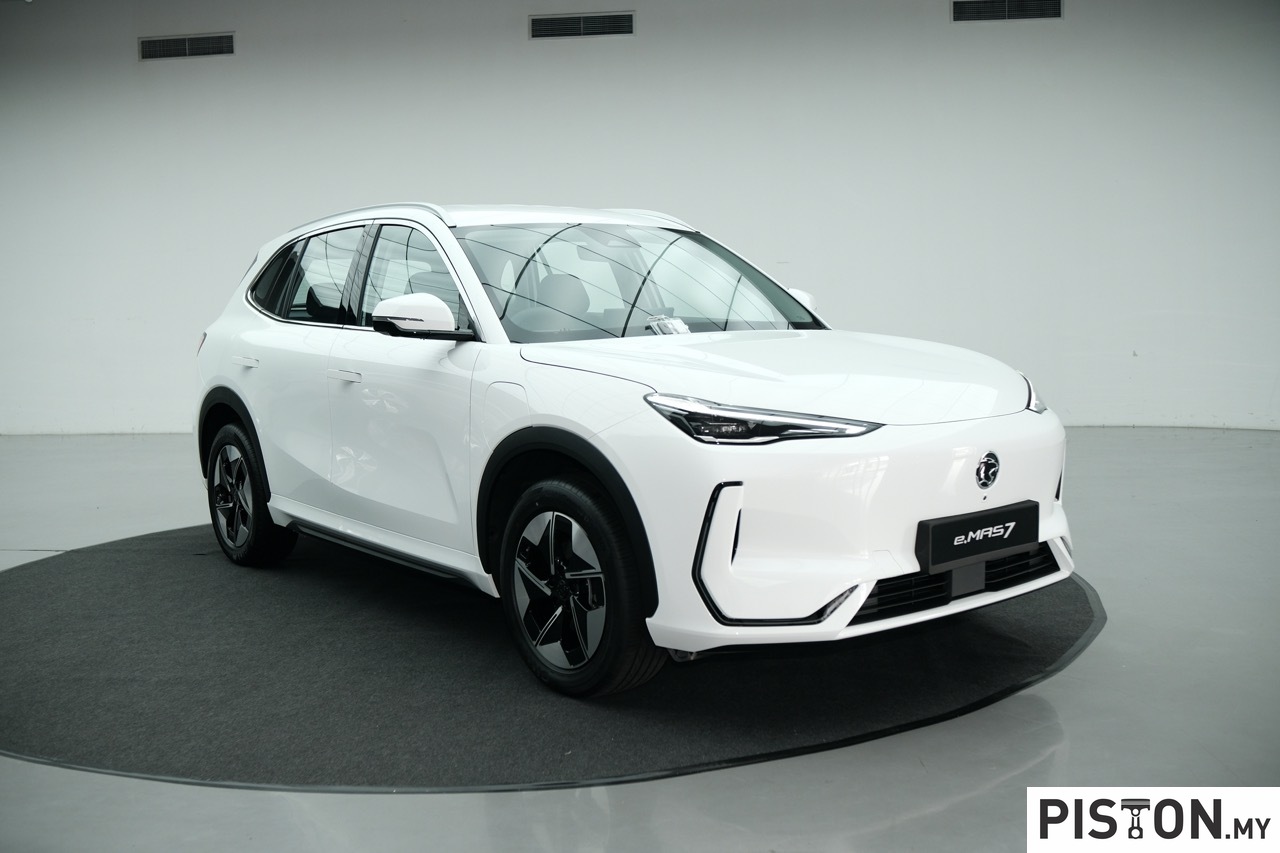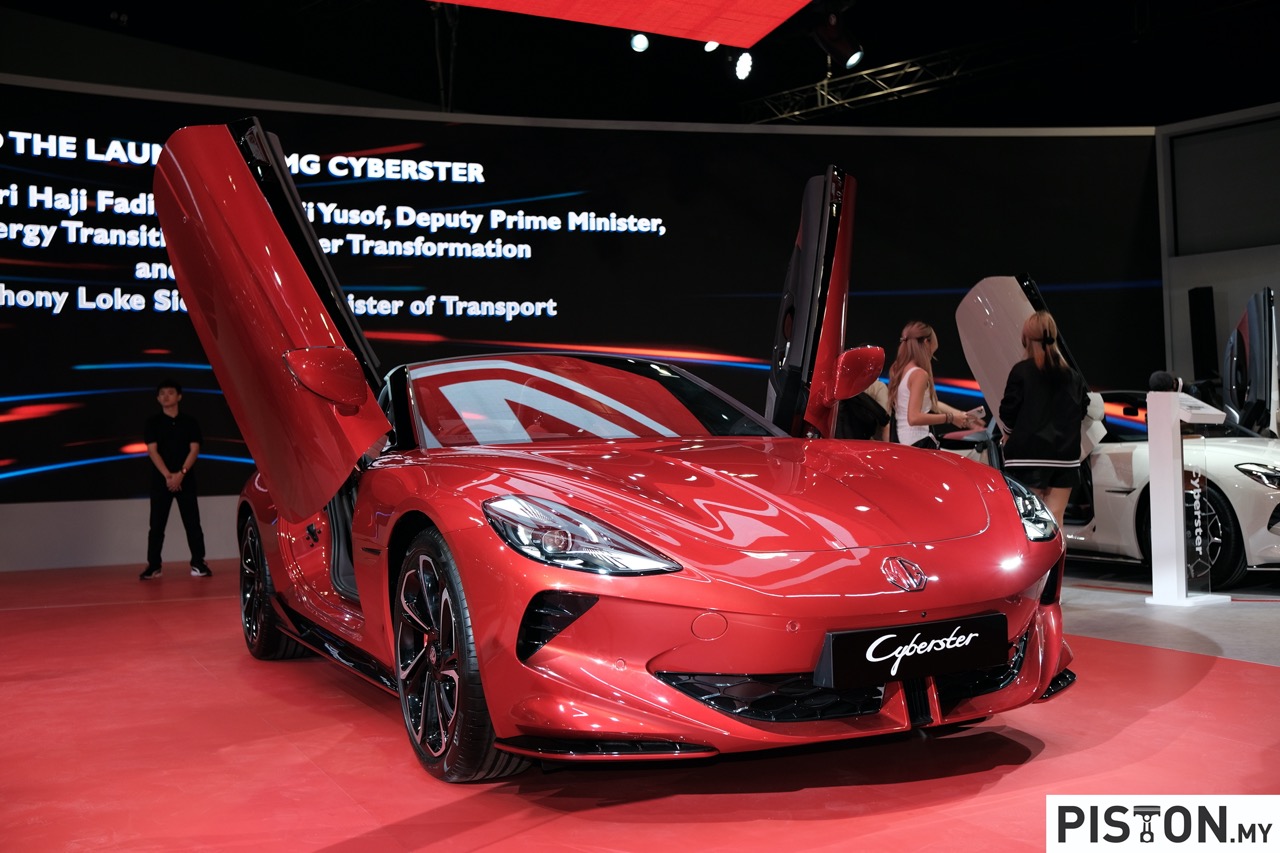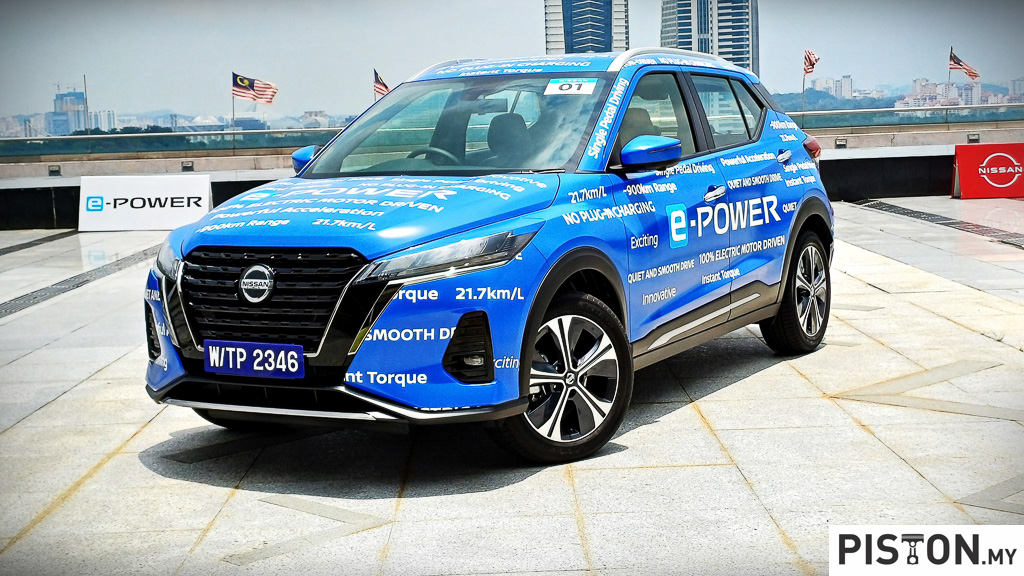A breathing aid that can help keep COVID-19 patients out of intensive care, adapted by mechanical engineers at University College London (UCL) and clinicians at UCL Hospital (UCLH) working with Mercedes-AMG High Performance Powertrains (Mercedes-AMG HPP), has been approved for use in the Britain’s National Health Service (NHS).
The breathing aid, known as Continuous Positive Airway Pressure (CPAP), has been used extensively in hospitals in Italy and China to help COVID-19 patients with serious lung infections to breathe more easily when oxygen alone is insufficient.
Since March 18, engineers at UCL and HPP and clinicians at UCLH have been working round the clock at UCL’s engineering hub MechSpace to reverse engineer a device that can be produced rapidly by the thousands. It was produced within a rapid timeframe – fewer than 100 hours from the initial meeting to production of the first device. 100 devices are to be delivered to UCLH for clinical trials, with rapid roll-out to hospitals around the country ahead of the predicted surge of hospital admissions.
Andy Cowell, MD of Mercedes-AMG High Performance Powertrains, said: “The Formula One community has shown an impressive response to the call for support, coming together in the ‘Project Pitlane’ collective to support the national need at this time across a number of different projects. We have been proud to put our resources at the service of UCL to deliver the CPAP project to the highest standards and in the fastest possible timeframe.”
‘Project Pitlane’ is a collective of UK-based Formula 1 teams and their respective technology arms coordinating a response to the UK government’s call for assistance with the manufacture of medical devices. It will pool the resources and capabilities of its member teams, focusing on the core skills of the F1 industry: rapid design, prototype manufacture, test and skilled assembly. F1’s ability to respond rapidly to engineering and technological challenges allows the group to add value to the wider engineering industry’s response.
Mercedes-AMG HPP is responsible for the development of the powertrains in the F1 racing cars. It has considerable depth of expertise in both hardware and software across all elements of the Formula 1 hybrid Power Unit.
The collaboration demonstrates the way that universities, the NHS and industry are coming together to help the national response in Britain to the coronavirus outbreak by providing vital technologies to the NHS which can enable them to care for patients who require respiratory support. Reports from Italy indicate that approximately 50% of patients given CPAP have avoided the need for invasive mechanical ventilation. However, such devices are in short supply in UK hospitals.
UCLH critical care consultant Professor Mervyn Singer (UCL Medicine) said: “These devices will help to save lives by ensuring that ventilators, a limited resource, are used only for the most severely ill. “While they will be tested at UCLH first, we hope they will make a real difference to hospitals across the UK by reducing demand on intensive care staff and beds, as well as helping patients recover without the need for more invasive ventilation.”
CPAP machines are routinely used by the NHS to support patients in hospital or at home with breathing difficulties. They work by pushing an air-oxygen mix into the mouth and nose at a continuous rate, keeping airways open and increasing the amount of oxygen entering the lungs. Invasive ventilators deliver breaths directly into the lungs, but require heavy sedation and connection to a tube placed into the patient’s trachea (windpipe).
Why you should Stay Apart




